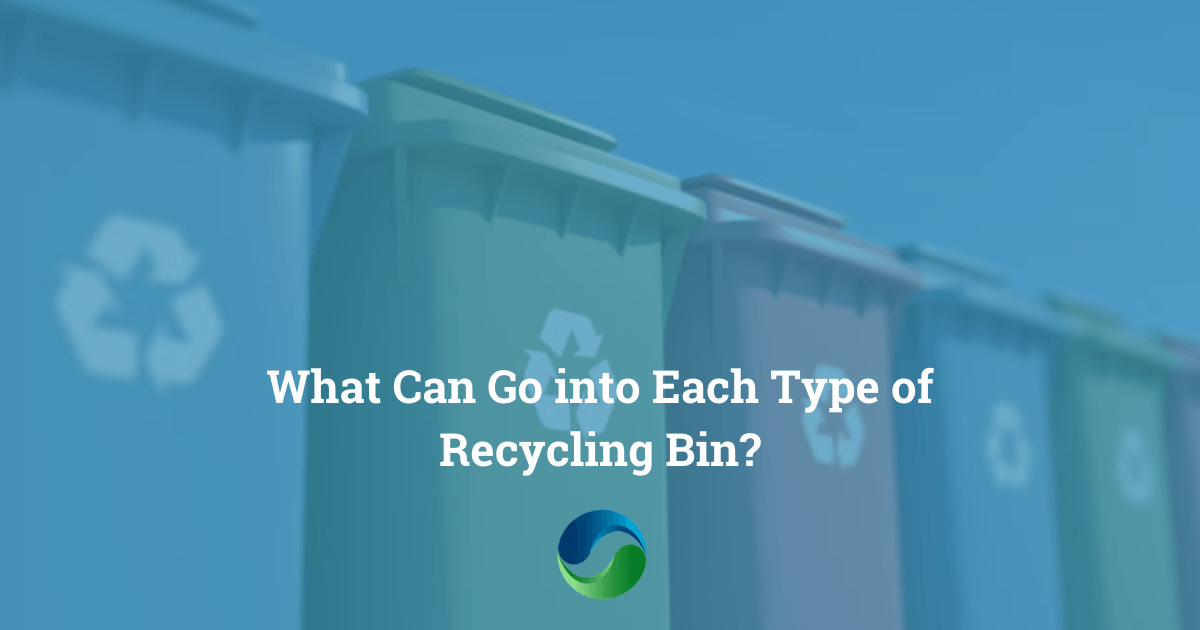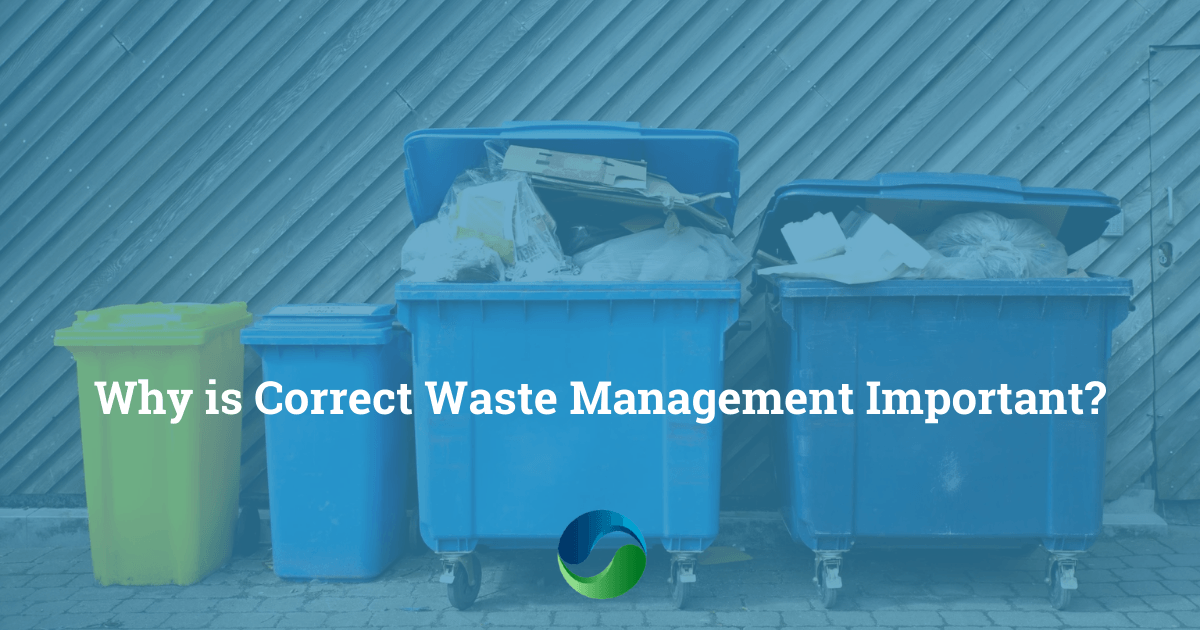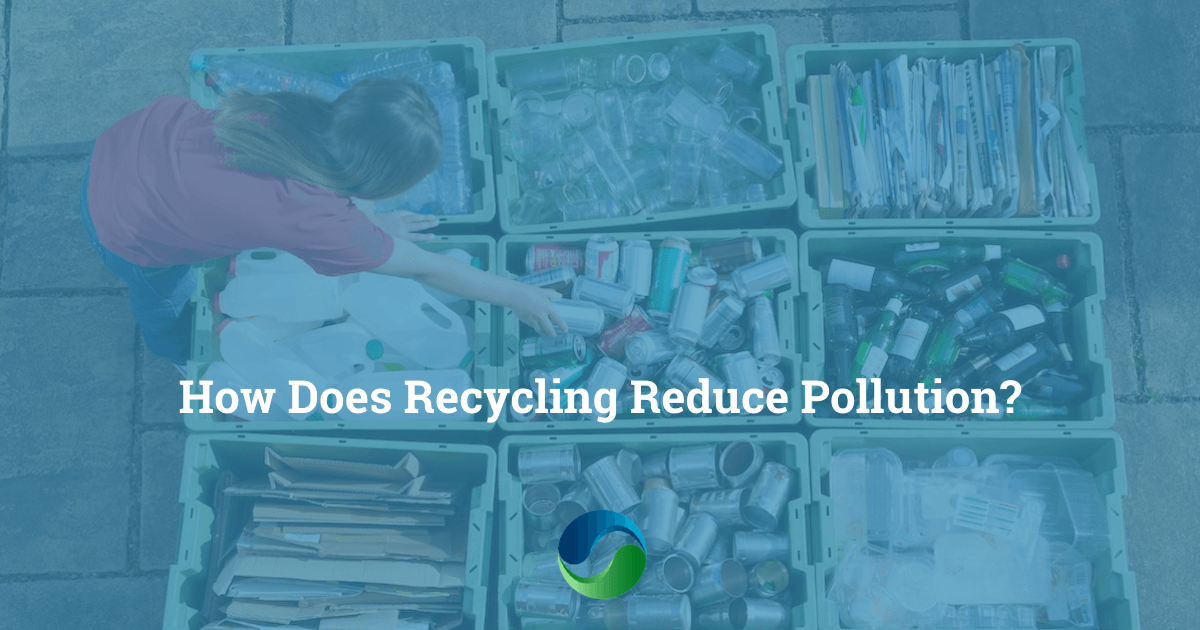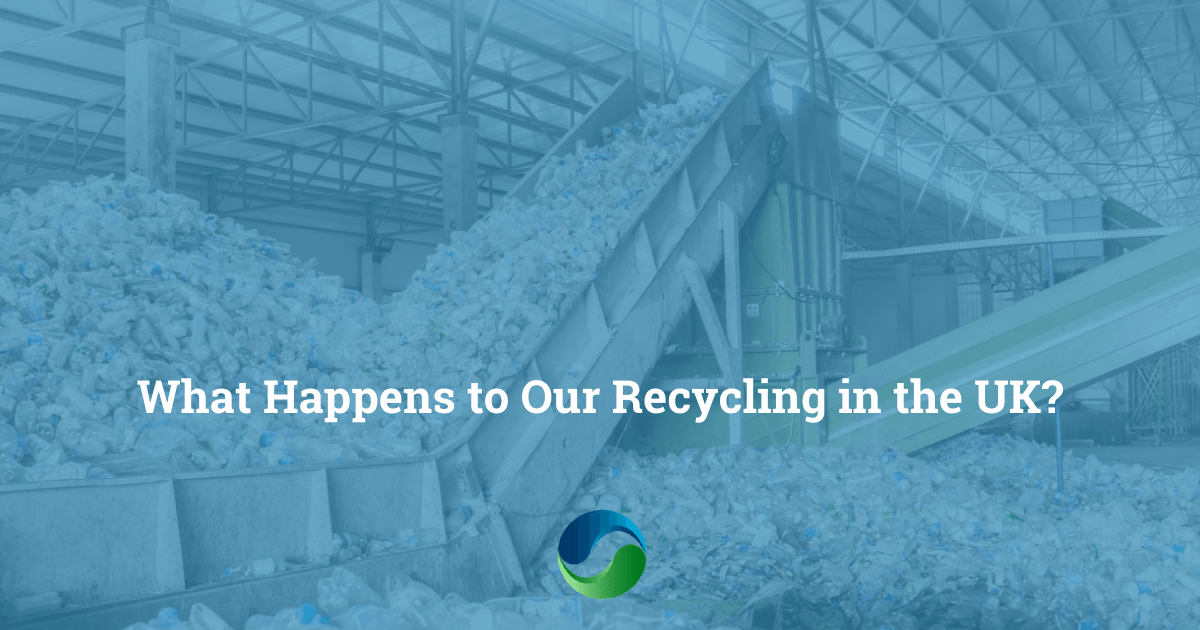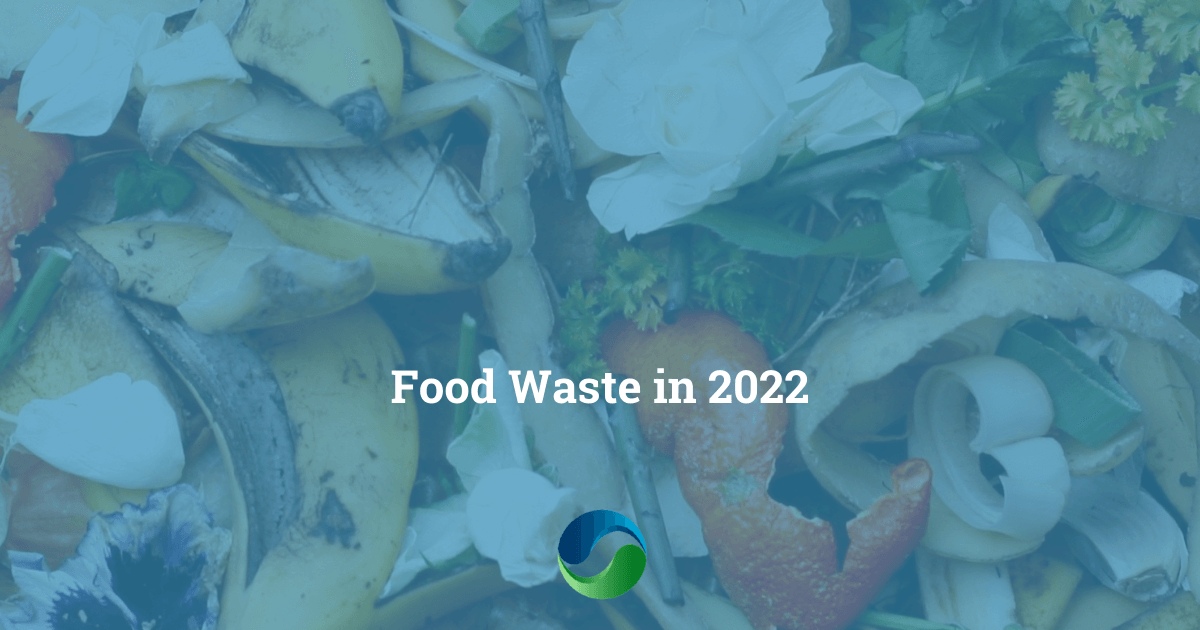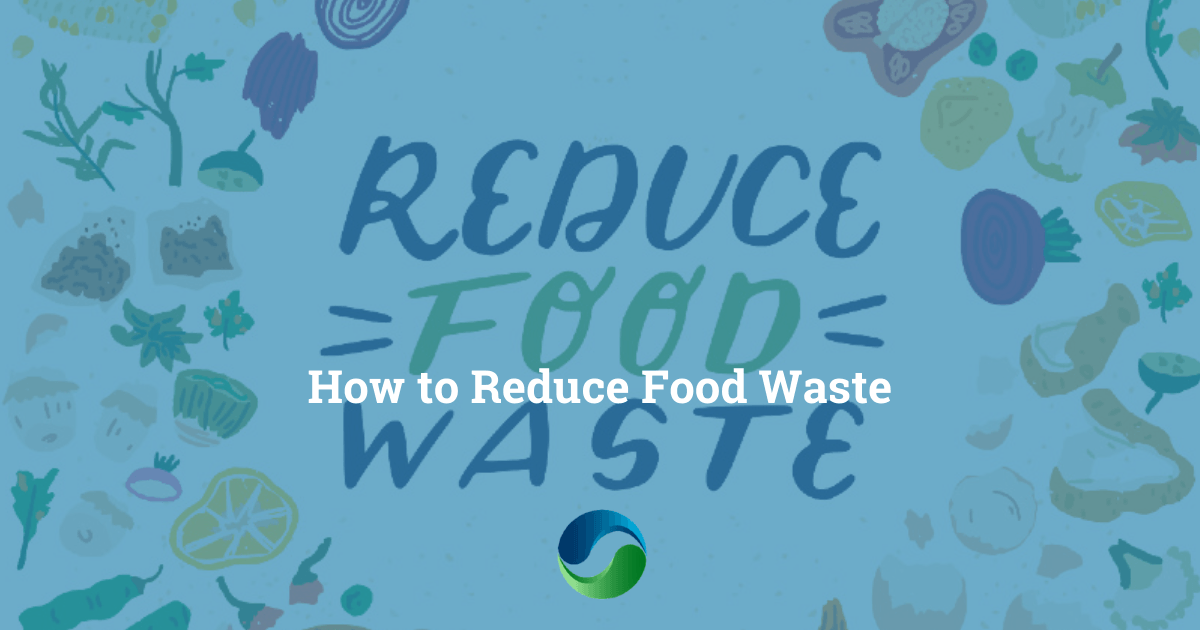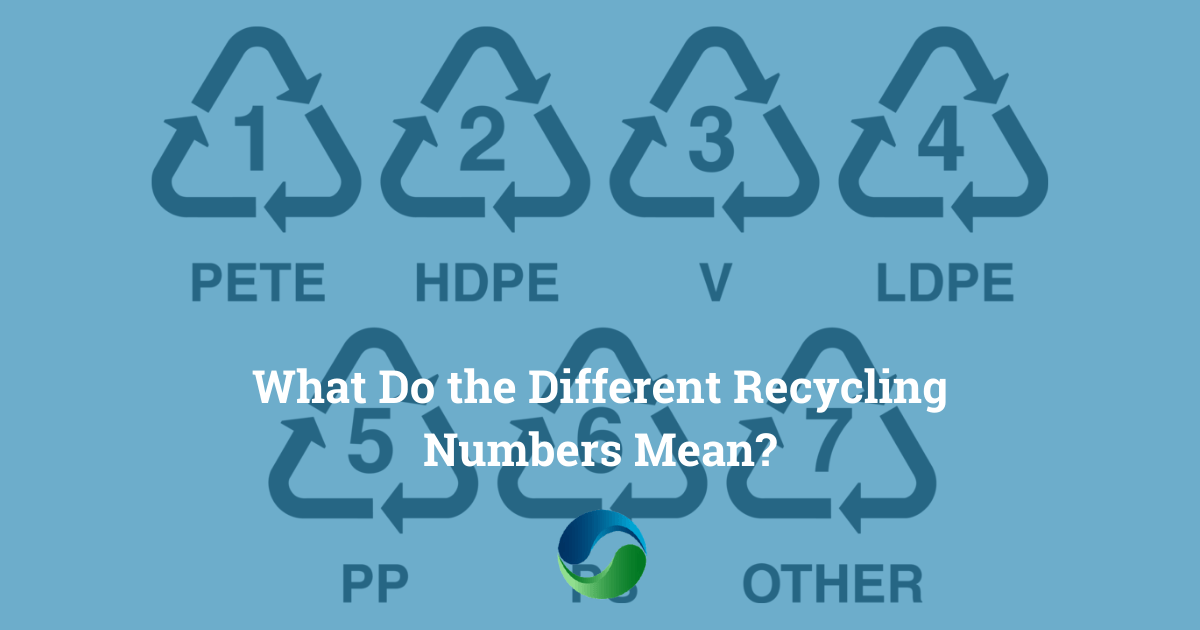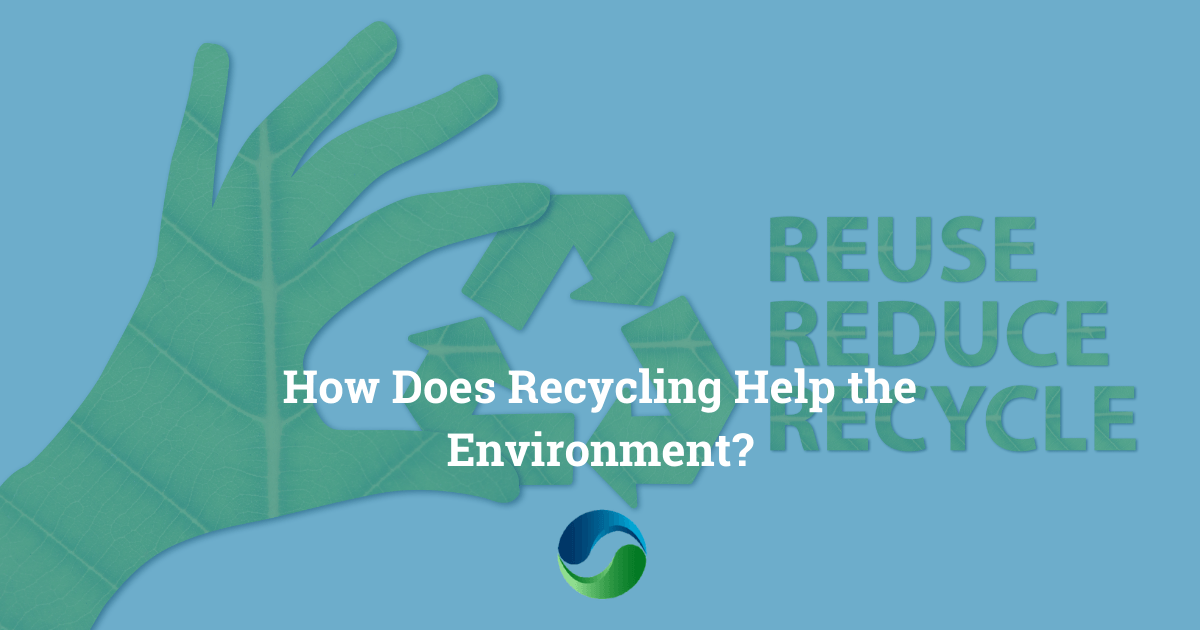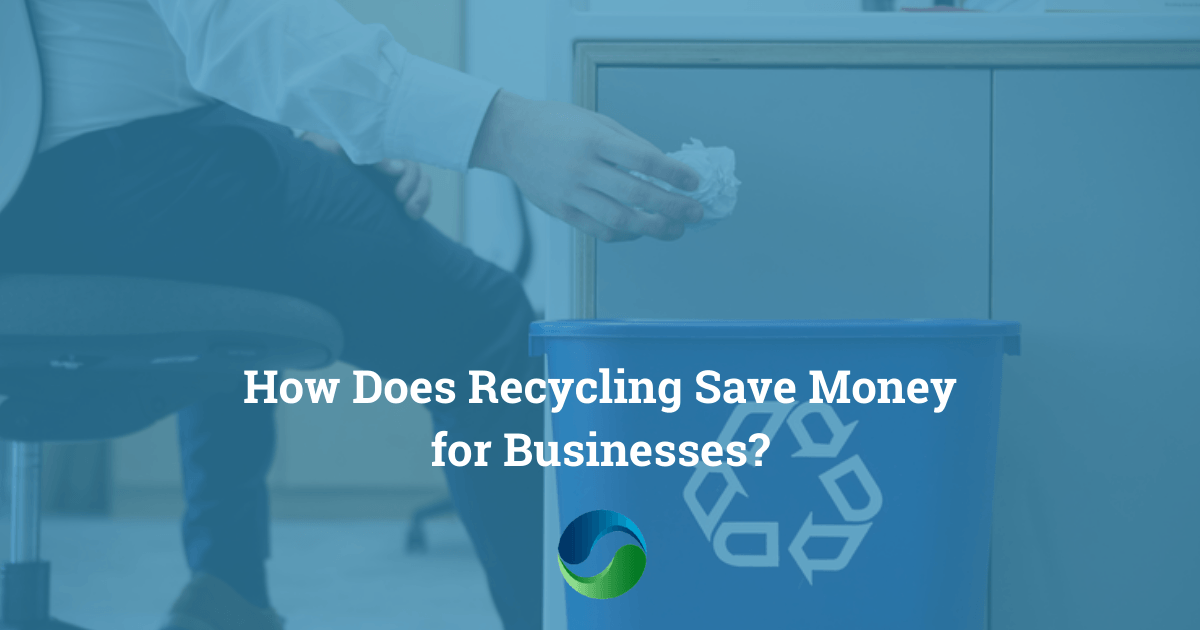
Recycling has grown to be a part of everyday life, but with so many various recycling bin colours in the UK to pick from, the process can be confusing.
What should you do with things like old lightbulbs, aerosols, and other rubbish? Most of us have figured out how to recycle plastic bottles, aluminium cans, paper, and glass, however, it remains perplexing where to put some of our other types of waste. In this blog, we look at recycling bin colours in the UK and what you should put in them, as well as what you shouldn't.
Using Recycling Bins Correctly
It's understandable why we're all confused, because there are so many different colour options for recycling bins in the United Kingdom, but assistance is at hand. All councils have instructions on what recycling containers you are entitled to, when they are collected, and what should be placed in them. If you have any questions, go to your council's website and become more eco-friendly by Reusing, Reducing, and Recycling as much as possible.
Black Bins/Recycling Bins
Black wheelie bins are used in many regions of the UK for non-recyclable rubbish, such as food waste. If you don't have a separate food waste container in your area, you may use these bins to collect all non-recyclable domestic trash, if necessary.
If you have a black recycling bin or box though, you should use it to collect plastic bottles, pots, tubs, and trays (including food and drink cans with aluminium lids), and metal foil containers (including kitchen foil).
There are certain things you can't put in your black wheelie bins or black recycling boxes, so check with your local council for a complete list of exemptions or visit their website.
Blue Recycling Bins
In the United Kingdom, dry recyclables are commonly collected in blue recycling bins. These recyclables include:
- Cardboard
- Paper
- Egg boxes
- Drink and food cans
- Newspaper and magazines
- Cereal boxes
Some authorities, however, use red recycling containers instead of blue ones. Others may use both colours, so ask your local authority if you're unsure.
Red Recycling Bins
Red recycling bins are generally used for plastics, although many authorities will allow you to recycle plastics in your ‘dry' bin, regardless of colour. If you have a red recycling container, it may be used for the following:
- Plastic bottles
- Yoghurt pots
- Empty cleaning product bottles
- Food rays
However, all plastics aren't the same, and this is where most people don't understand. The following materials should not be recycled and should instead be disposed of in your black wheelie bin:
- Plastic carrier bags
- Polystyrene
- Hard plastics such as coat hangers
- Plastic wrapping and packaging
Brown Recycling Bins
If you have a brown recycling bin, you're undoubtedly curious what all the commotion is about. Brown recycling bins are for mixed recyclables such as:
- Drinks cans
- Aerosols
- Tin foil
- Glass bottles
- Plastic bottles
- Food tins
However, this isn't the case in every location. Organic garden waste and food waste are only accepted in specific regions of the country. Again, this is slightly confusing, but you can quickly discover more about it from your local council.
Green Recycling Bins
Green recycling bins, which are not the same as green garden waste wheelie bins, are generally used to collect glass recyclables such as bottles and jars, although many municipalities use green recycling bins for dry recyclables as well.
If you have a green food waste recycling bin, you should recycle it for all kinds of domestic food waste, such as:
- Teabags
- Coffee grounds
- Meat bones
- Cooked food leftovers
- Fruit and vegetable peelings
- Fish bones
Recycling food waste has numerous environmental advantages, and by diverting organic materials from landfills and converting them into energy and fertiliser, we can reduce our CO2 emissions.
Yellow Recycling Bins
Recycling textiles, such as clothing and bed linens, is collected in yellow recycling bins. You aren't likely to come across one of these at home, although they may be found at your local recycling center. Textile recycling bins are sometimes orange in color, although they're generally easy to recognize owing to their distinctive apertures.
Grey Recycling Bins
It's a grey area when it comes to grey recycling bins. Some councils use them for general household waste rather than black wheelie bins, while others utilise them for ‘dry' recyclables like paper and food containers or mixed recyclable trash. Check with your local government about this.
Purple Recycling Bins
Purple recycling bins are becoming increasingly common across the country, but no one knows what to do with them because they are still relatively new in the field of recycling. In Liverpool, for example, your purple recycling container will be used for general household waste, food waste, and pet food; whereas in Ayrshire, purple recycling containers are only for recyclable materials such as glass, plastics, cans, and cartons.

